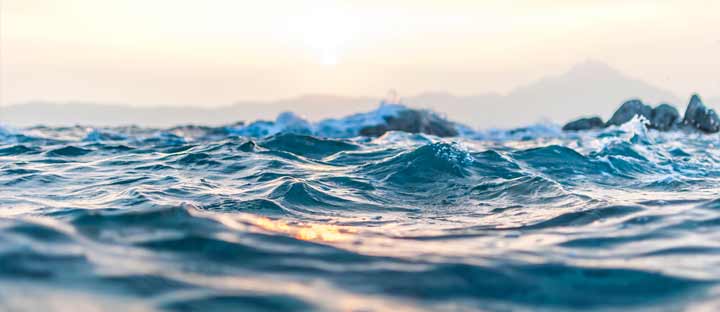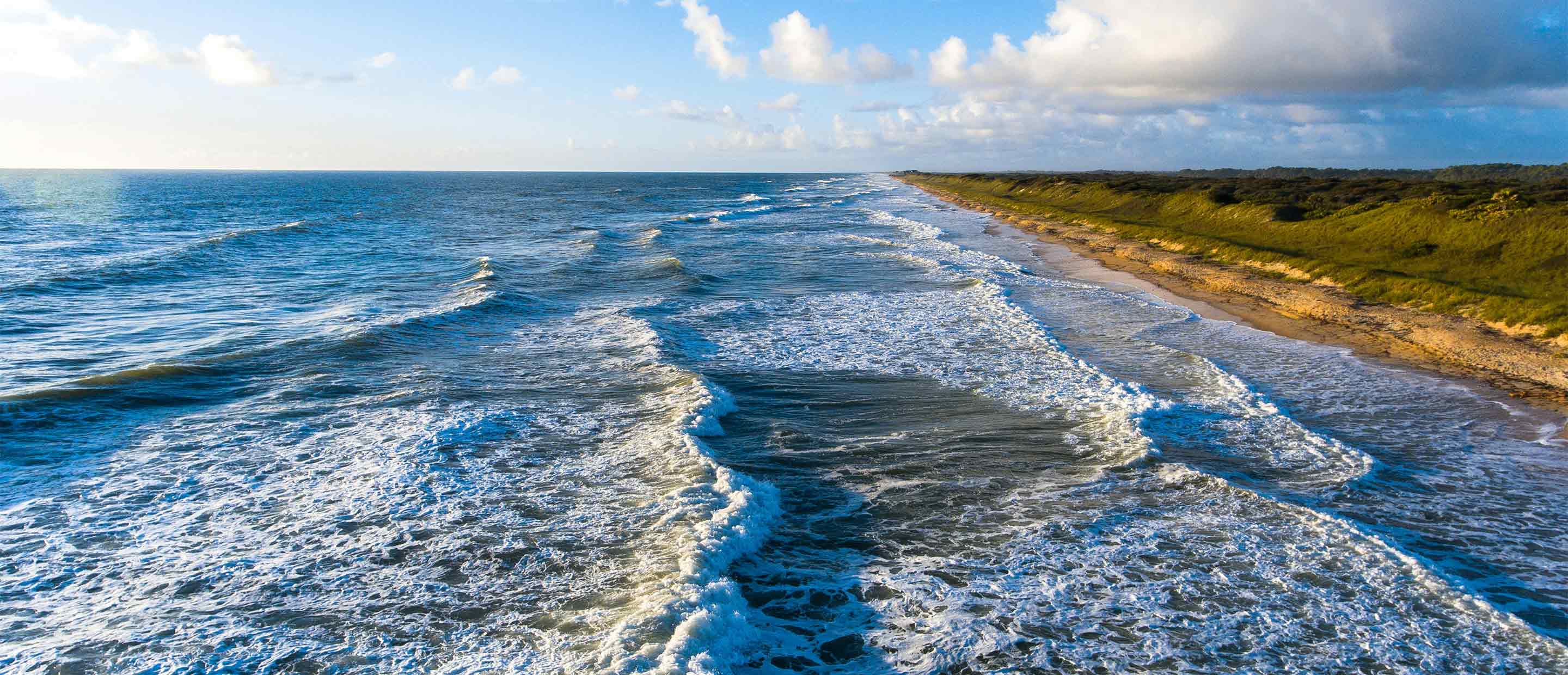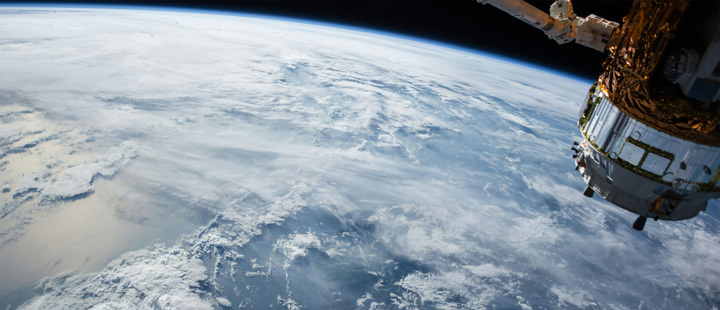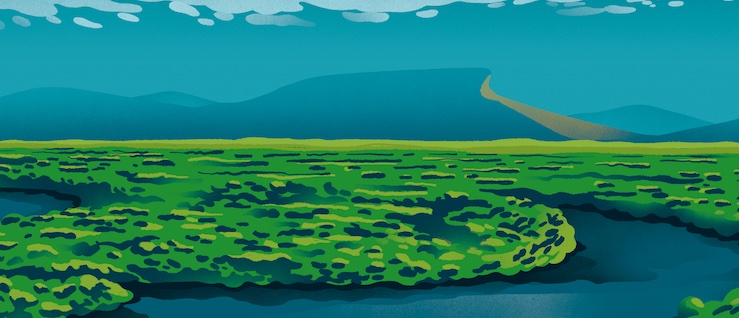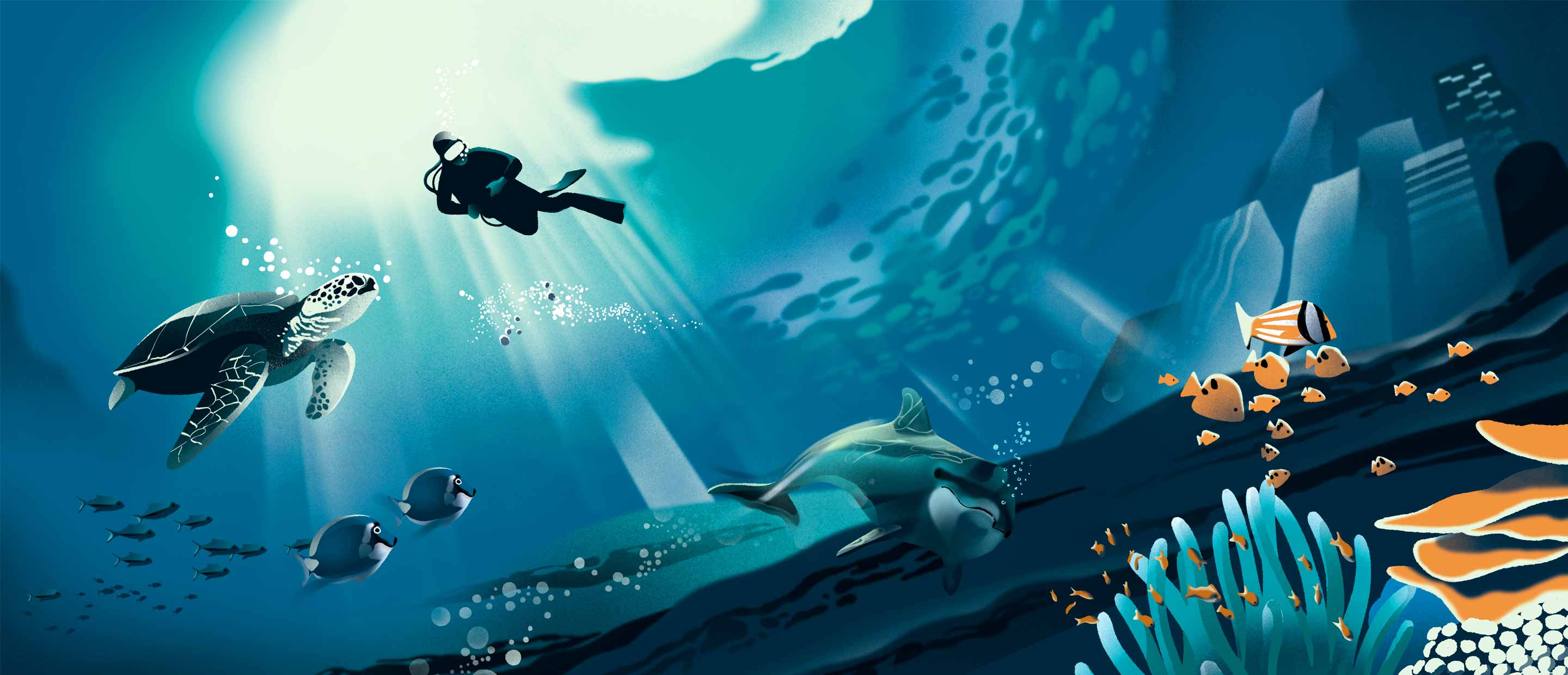
What is the blue economy?
The blue economy can be defined most broadly as all economic activity, whether it is sustainable or not, with a direct or indirect link to ‘ocean’.
Blue economy definition
The blue economy can be defined most broadly as all economic activity, whether it is sustainable or not, with a direct or indirect link to ‘ocean’. ‘Ocean’ means not just the oceans, but also seas, lakes, rivers and coastal areas, and the communities that rely on them. Activities in the blue economy include maritime agriculture; fishing and fish processing; maritime and coastal tourism; shipbuilding, boatbuilding and repairs; water transport; and offshore energy sources (wind, oil and gas, as well as sea power).
Estimates of size and value must inevitably be tentative. However, according to the World Wide Fund for Nature (WWF), the blue economy may be worth about $24 trillion in assets and may generate at least $2.5 trillion a year in economic value, making it the world’s eighth largest global economy.
But here we are focused on the sustainable blue economy. This is concerned with the sustainability of the ocean, and its environmental and social impacts. In this sense, as used from now on in this analysis, it means the use of the seas, rivers and coastal areas for sustainable economic development and to create social and environmental benefits. The World Bank for example describes the blue economy in terms of representing the “sustainable use of ocean resources for economic growth, improved livelihoods and jobs, while preserving the health of ocean systems.” The United Nations Environment Programme (UNEP) definition goes further, identifying other elements of blue economy management and the need to “harness the power of natural capital”.
Sustainability and the meaning of the blue economy
Oceans hold about 96.5% of all the Earth’s water and they produce vast quantities of oxygen. They also absorb 30% of global CO2 emissions and 93% of the heat that arises from changes to the atmosphere. But their ability to absorb CO2 from the atmosphere is not unlimited, and the oceans are becoming warmer and more acidic. This is having a harmful impact on marine life and on the ability of the oceans to regulate the world’s climate. Changes in the condition of the oceans are a serious threat to the sustainability of the global environment.
Threats to the sustainability of the blue economy come from two broad but interlinked areas. The first area is climate change and its effects in terms of [BC1] reducing the ability of the oceans to absorb and store CO2 and acting as a climate regulator. There are also concerns about the impact of warmer and more polluted oceans on marine ecosystems, for example from increased salinity of the oceans, and extensive waste and plastics pollution. There is also a considerable threat to coastal areas, including coastal cities, from rising sea levels. Warming oceans and melting ice caps are also contributing to extreme climate events.
The second category of threat is the effect on the ocean of increasing economic development and activity in areas such as offshore energy, aquaculture, shipping and seabed mining. Many consider the ocean to be the next great economic frontier, and the source of an economic “blue acceleration” in the coming years. However, economic development can damage the maritime economy unless it happens in a sustainable way. Some commercial exploitation of the oceans, for example offshore resources extraction and marine transport and shipping, will affect the marine environment and may also conflict with traditional activities of users of ocean resources, such as fishing. There is also a geopolitical dimension to the economic exploitation of seas and oceans, as countries compete for ownership of offshore underwater resources.
Blue economy principles explained
Blue economy principles are not concerned solely with preventing or slowing down the rising temperature of the ocean and rising sea levels. They are also based on the aim of transforming industries and activities in the blue economy so that social and environmental concerns and reduced. They are linked to the ambition to manage the ocean and develop the blue economy in a sustainable way, for example by promoting commercial activities for the production of sustainable ocean food (including the maintenance of sustainable fish stocks); sourcing energy from the ocean (offshore wind and tidal power); desalination and the creation of fresh water; and reducing pollution from ocean tourism and ocean transport. Environmentally-friendly new industries are being developed, such as those for carbon storage and ocean products such as medicines and animal feed, whilst at the same time taking a cautious approach to seabed mining.
The WWF has developed a set of Principles for a Sustainable Blue Economy, based on the view that the oceans are vital to the livelihoods and food security of vast numbers of people and to the global economy. Measures to improve human wellbeing through economic growth must be balanced against a need to sustain the health of maritime-related ecosystems. The WWF has expressed the view that the only secure route to long-term economic prosperity is to develop a circular economy for the oceans (based on the concepts of replacement, reuse and recycling of resources).
A sustainable blue economy is therefore a marine-based economy that:
- provides social and economic benefits for current and future generations, and must have a long-term outlook
- restores, protects and maintains the diversity, productivity and resilience of marine ecosystems
- uses clean technology, such as renewable energy, eliminating pollution and waste.
Blue economy examples
There are many emerging and growing opportunities to develop the blue economy.
Developments in offshore wind energy and wind turbine technology must be accelerated to keep pace with the rising demand for energy and to replace energy from fossil fuel sources. Some parts of the world are more advanced in using renewable energy and reducing its costs.
Coastal cities are at particular risk from rising sea levels and climate events, and measures are undertaken to build climate change resilience to provide a buffer against the impact of storms, for example by using nature-based infrastructure, and developing new flood control systems.
Sustainable marine aquaculture is the farming of marine organisms and plants (such as fish, molluscs and kelp), mainly for food in an ecologically sound fashion. The ocean is also becoming a source of innovation for the development of natural products for medicinal and therapeutic use.
Most of the world’s exports are transported by sea, and transport companies are investing in ships that cause much less environmental damage, for example through lower CO2 emissions from shipping, and by reducing waste and plastics pollution in shipping lanes.
The concept of ‘blue growth’ is to intensify investment to harness the potential of the oceans, lakes and rivers in order to accelerate growth in a sustainable way. Private sector finance, in addition to government funding, will be needed encourage innovation as a route to a sustainable and thriving blue economy.
Principles for investing in the blue economy
Promoting a sustainable blue economy has direct implications for financing and investment. Investing ethically in the blue economy involves providing finance to support companies, commercial activities, projects and associated “blue value chains” that protect the sustainability of the ocean.
The successful development of a sustainable blue economy will also require actors in both the public and private sectors to set clear and measurable goals and targets for achievement, based on sustainable principles. There must also be continual measurement, assessment and communication of performance relative to environmental and other targets. Investors, for example, clearly need to see what their money is being used for, and how successful their investments have been, both environmentally and financially. We are the Global Lead Banking Partner for ORRAA, the Ocean Risk and Resilience Action Alliance, a multi-stakeholder collaboration that is helping drive new approaches to such “blue finance”.
The future of the blue economy
If the blue economy is not sustainable, there will be a further deterioration in the ocean over time, with consequences for the Earth that are uncertain and difficult to predict. Further action to protect and preserve the ocean and its economy is needed urgently; and private sector investment, as well as government funding and direction, will be a key part of any solution.
Related reports

Future Fundamentals podcast
Putting nature on the balance sheet
In our Future Fundamentals podcast, Naoko Ishii, Executive Vice President of the University of Tokyo and Director of the Center for Global Commons, and Markus Müller, our Chief Investment Officer for Sustainability, discuss putting nature on the balance sheet and how to build a coordinated financial response to this global challenge.
Feb 11, 2025
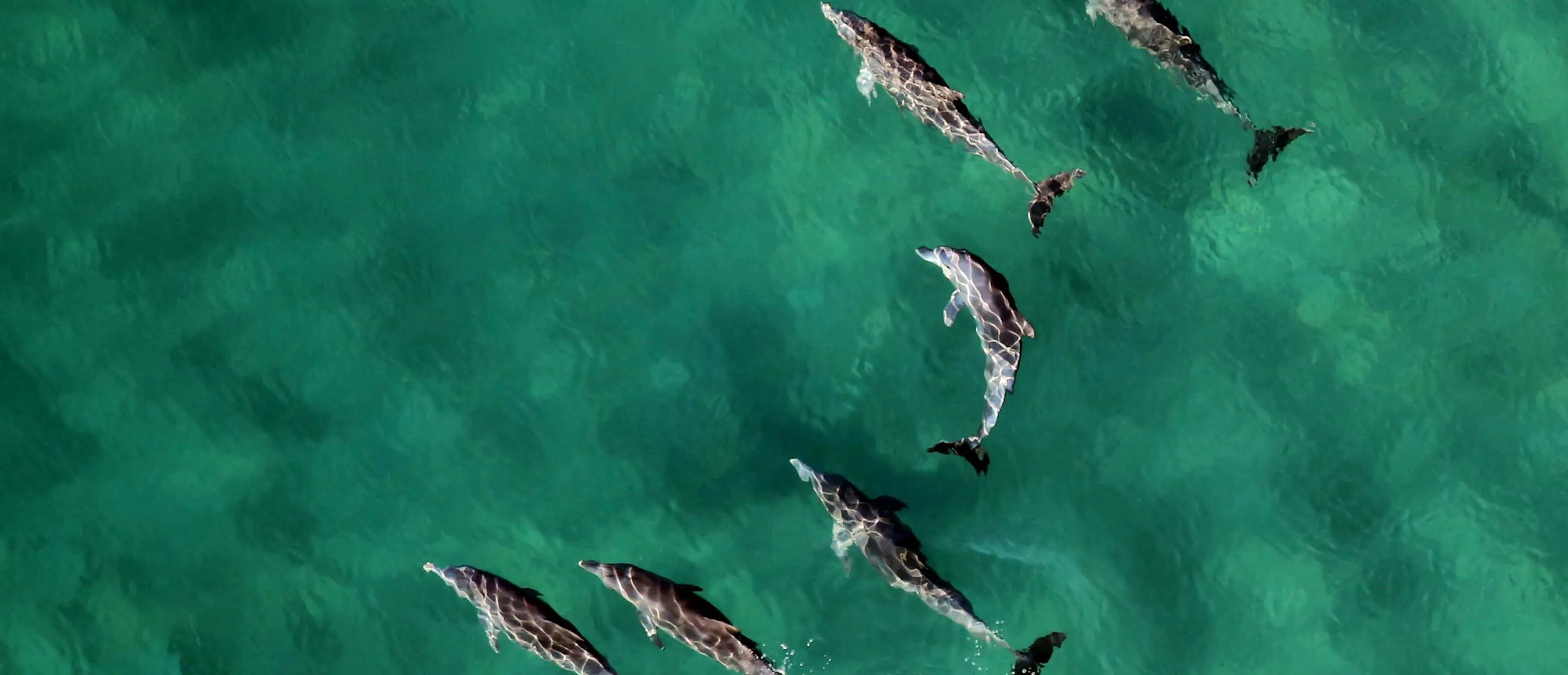
The ocean needs our help. New business startups are revolutionizing the blue economy while conserving the ocean. With ground-breaking innovations and technologies, ocean start-ups are creating new opportunities for investment.
Feb 11, 2025
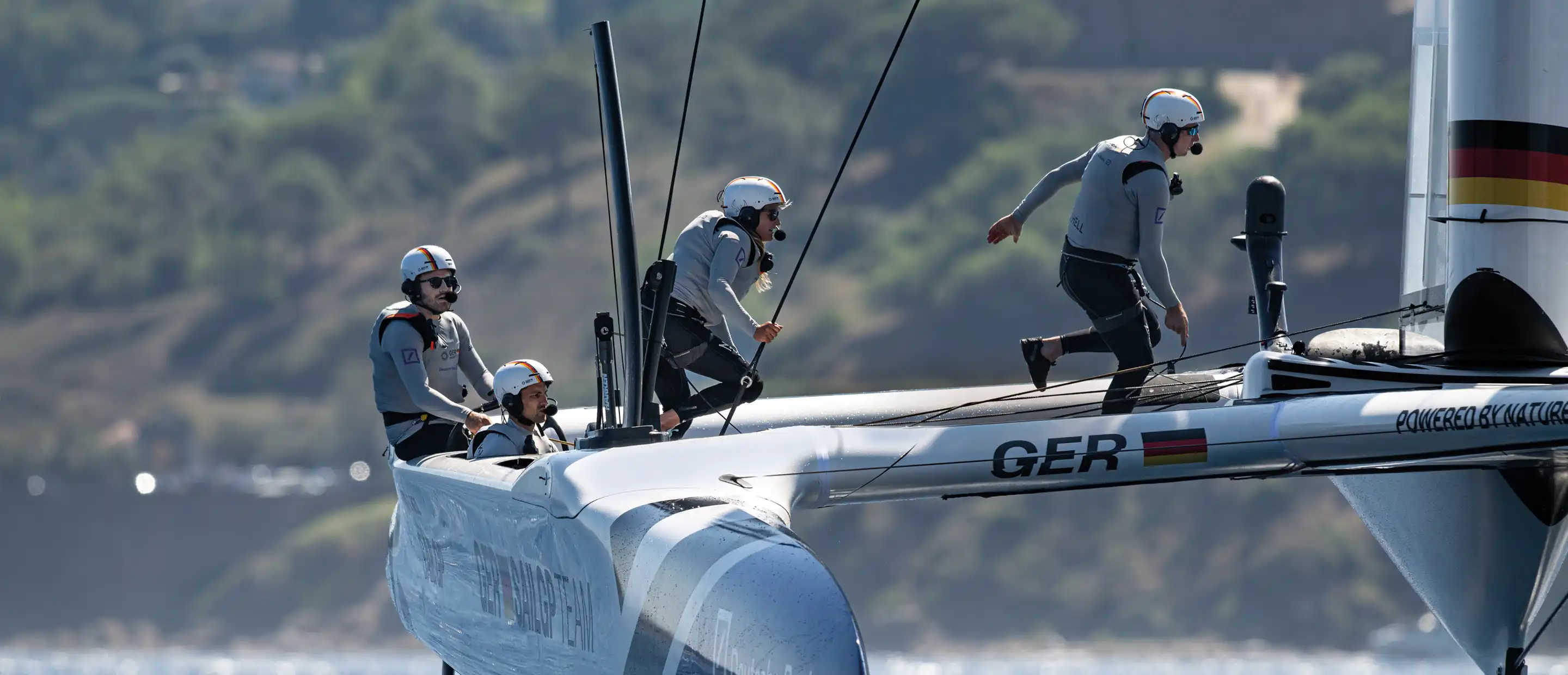
Ocean champions raising awareness of the ocean
From athletes to philanthropists to ocean advocates, we share an ambition to raise awareness on how to protect the ocean.
Oct 16, 2024
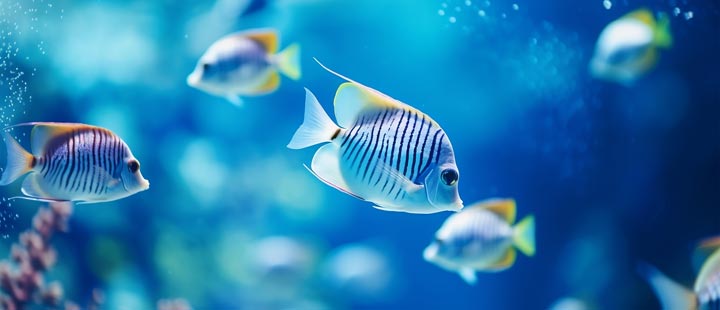
Feature article
eDNA: measuring ocean biodiversity
We’re always looking for ways to connect our partners and raise awareness of things we know our clients care about. Together with our partners, we track biodiversity in our ocean in this eDNA project initiative.
Oct 10, 2024
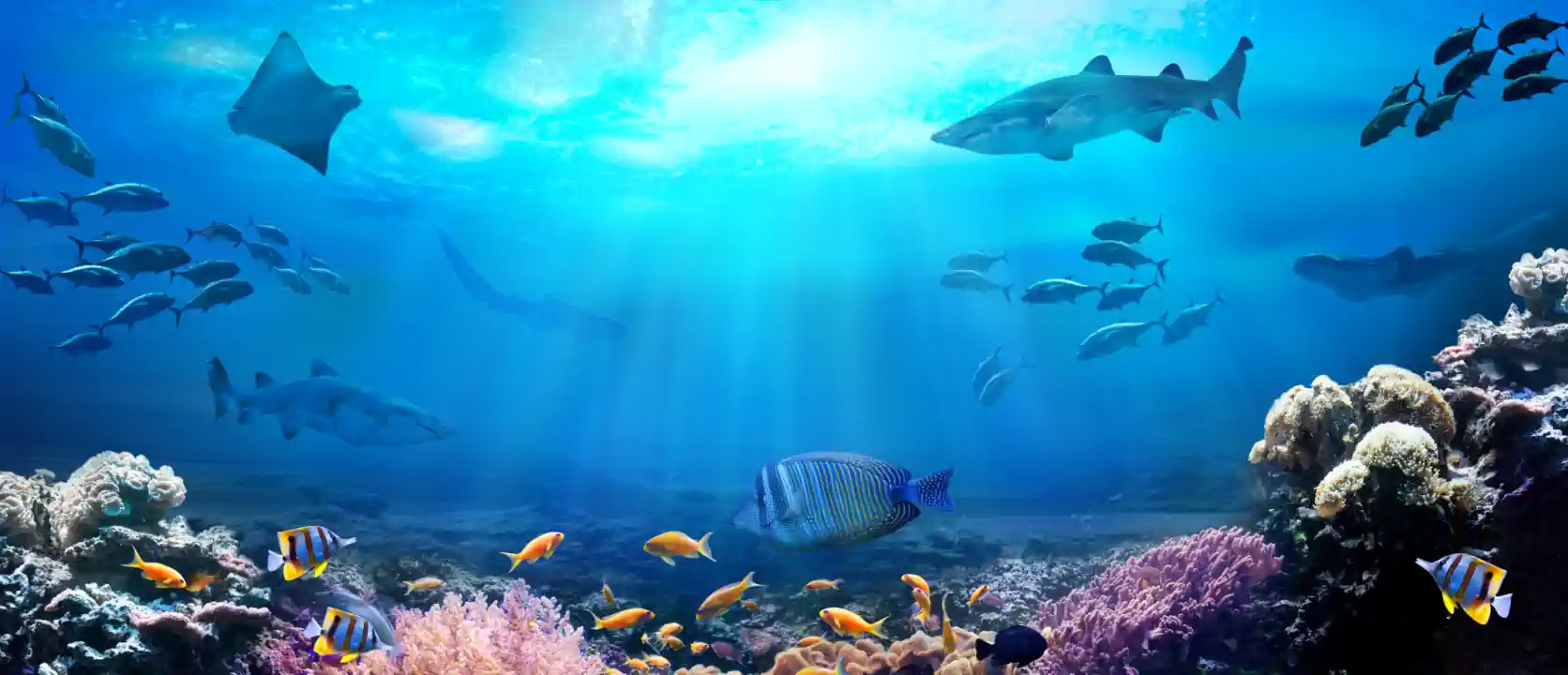
Feature article
New Blue Perspectives: Monitoring Ocean Biodiversity
In this report, we describe initial findings from our research project to monitor ocean biodiversity. Working with our partners, we used environmental DNA (eDNA) techniques to analyse ocean water samples.
Oct 10, 2024
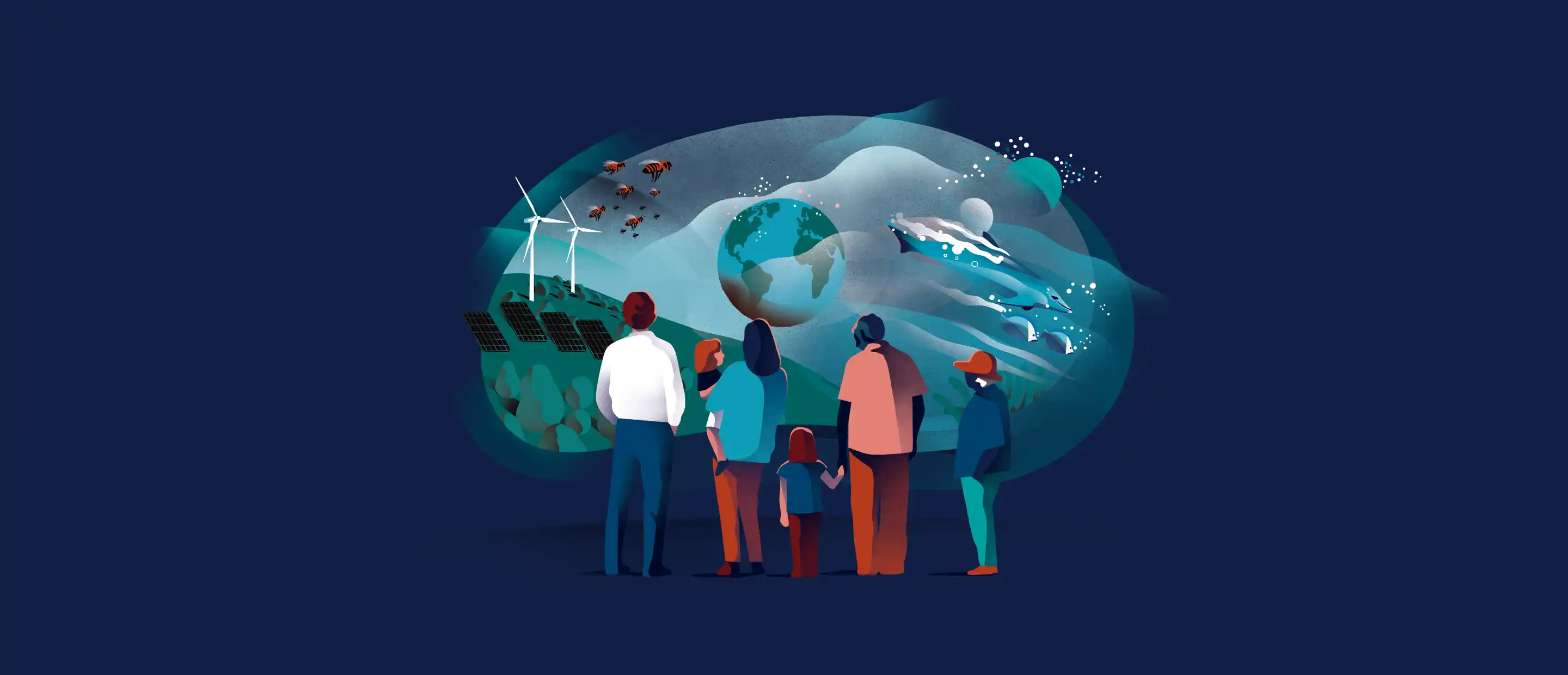
CIO report library
Our Chief Investment Office (CIO) publishes thought leadership on challenges facing the ocean, and how these long-term trends could affect the world and investment portfolios.
Aug 19, 2024
See more
